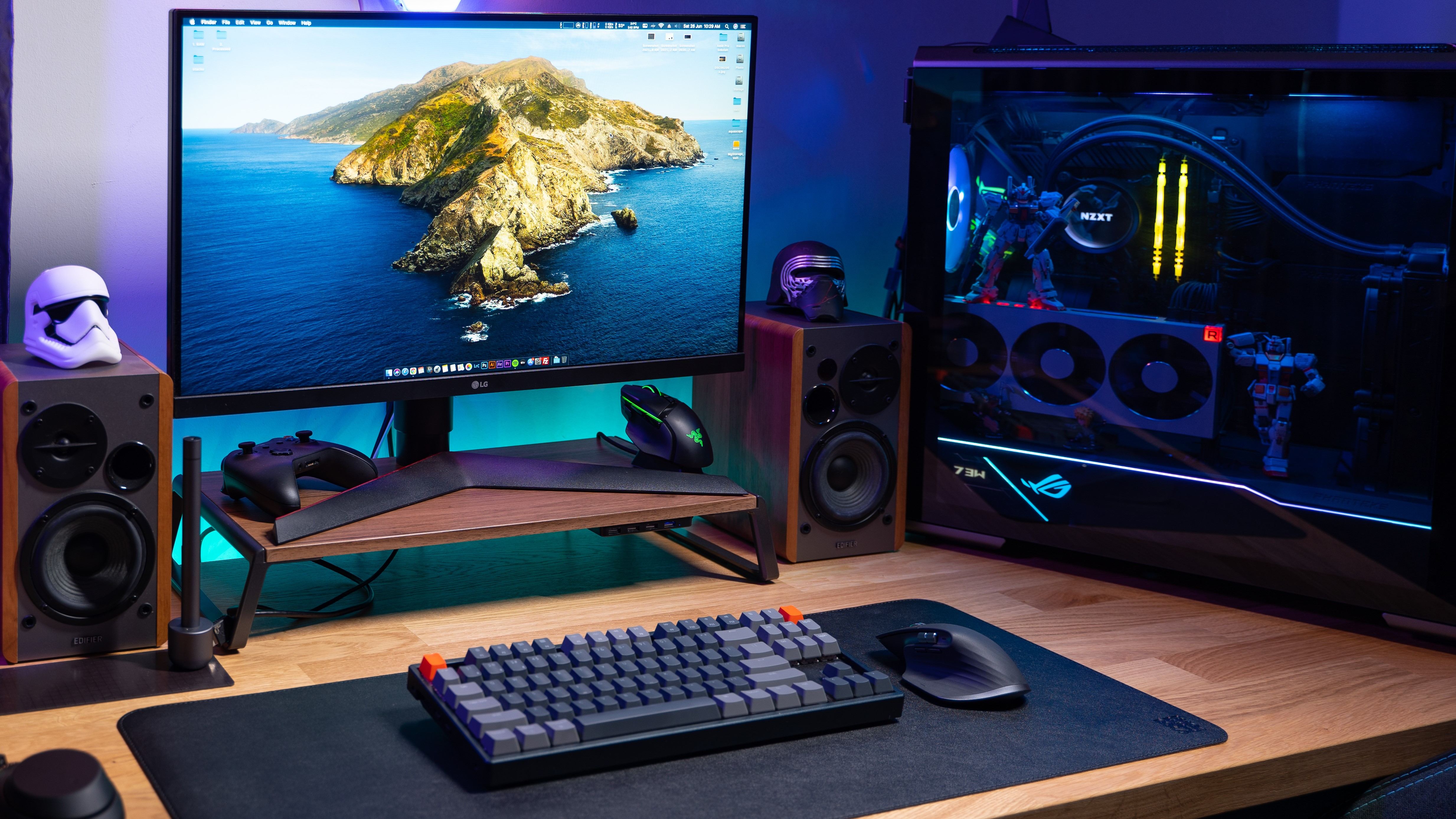The end of ‘Hackintosh’ – how Apple is sounding the death knell for a once-thriving online community
Not with a bang, but with a whimper

The beloved ‘Hackintosh’ may be on its last legs, as Apple’s macOS 14 Sonoma kills off a selection of older Wi-Fi drivers in its signature operating system allowing users to run it properly on purpose-built hardware.
For the uninitiated, a Hackintosh was the term given to a non-Apple computer or other device running macOS. The benefits of this are pretty obvious: for starters, Apple’s best MacBooks and Macs can cost a pretty penny, and are usually the only way to access macOS.
On top of that, Apple’s hardware can be limited for some users – if you want a super-powered scientific modeling PC with a ludicrous amount of RAM, for example, you’d normally be limited to purpose-built Windows and Linux machines. Then there's also the silly (but fun) edge cases, like running macOS on a Nintendo DS.
The latest version of macOS, Sonoma, has removed driver support for a selection of old Broadcom Wi-Fi cards found in some Mac models from 2012/13. That might not sound like a big problem in itself (after all, that hardware is more than a decade old now). But Hackintosh fan and app developer Aleksandar Vacić has pointed out that those cards were integral to fully-functioning Hackintosh builds, and a driver shift from .kext to .dext formats has similarly hamstrung other workarounds.
A sad day for macOS lovers… who don’t like Macs
Hackintosh fans formed a small but lively online community around their custom macOS rigs, and some users are already bemoaning the impending death of their favorite homebrew hardware.
As one commenter on OSNews put it Hackintoshes were “a great way to have a machine that Apple doesn’t offer anymore – unsightly big box full of hardware.” Many have noted that Apple dropping Intel and shifting to ARM-based chips for its Macs, starting the release of the very impressive M1 chip seen in the 2020 MacBook Air, was the first sign that the Hackintosh glory days might be coming to an end, and that prophecy seems to be ringing true.
Without proper Wi-Fi driver support, the only way to run Sonoma on non-Apple hardware now seems to be doing so without Wi-Fi at all, which has the knock-on effect of borking many apps in macOS, including FaceTime, AirDrop, and Continuity. With one of the aforementioned Wi-Fi cards and an older version of macOS, all of those tools worked just fine.
Get daily insight, inspiration and deals in your inbox
Sign up for breaking news, reviews, opinion, top tech deals, and more.
At the end of the day, the humble Hackintosh represented a path forward for users who loved the OS, but hated (or simply couldn’t afford) the hardware. It’s no surprise that some fans are upset by its slow death, but the writing was on the wall; the Hackintosh community has undeniably been shrinking ever since the tech giant abandoned Intel’s x86 processors.
Google’s time to shine?
Personally, as TechRadar’s resident macOS hater, I won’t really shed a tear about this. There was one comment on OSNews that resonated with me, though: user ‘cpcf’, who said “we discard so much hardware long, long before its natural use-by-date simply because some software somewhere says ‘No!’”
It’s an excellent point, although I’m not dragging Apple directly here; ending support for decade-plus-old kit isn’t ridiculous. But killing users’ ability to keep their old home-made Macs running is a shame, especially considering that Apple hasn’t historically hated the ‘Hackintosh’ trend too much. Another user speculates about macOS being given the open API license treatment, suggesting Apple takes a stance of “Here’s our driver API so 3rd parties can make drivers, here’s the OS. If you want to run it on an x86 PC, pay us $200.”
It’s not a bad idea, and could be a way for Apple to make a bit of side cash off its older macOS versions, but I doubt it’ll ever happen. Apple prides itself on its tightly insulated software ecosystem, and Google beat macOS to the punch anyway. ChromeOS Flex already offers a cheap and easy alternative OS for almost any machine, an admirable way to beat the current e-waste crisis. Good job, Google; sorry you missed the boat, Apple.
You might also like...

Christian is TechRadar’s UK-based Computing Editor. He came to us from Maximum PC magazine, where he fell in love with computer hardware and building PCs. He was a regular fixture amongst our freelance review team before making the jump to TechRadar, and can usually be found drooling over the latest high-end graphics card or gaming laptop before looking at his bank account balance and crying.
Christian is a keen campaigner for LGBTQ+ rights and the owner of a charming rescue dog named Lucy, having adopted her after he beat cancer in 2021. She keeps him fit and healthy through a combination of face-licking and long walks, and only occasionally barks at him to demand treats when he’s trying to work from home.